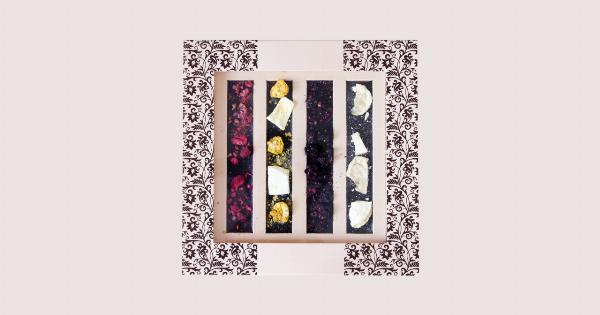Vitamin B1, also known as thiamine, is an essential nutrient that is vital for proper functioning of the body. It helps to convert food into energy and is essential for the nervous system, muscle function, and cardiovascular health.
However, some foods can decrease the effectiveness of vitamin B1 and can even lead to a deficiency. Here are some surprising foods that can counteract vitamin B1:.
Tea and Coffee
Tea and coffee are popular beverages that many people consume daily. However, they contain compounds that can decrease the absorption of vitamin B1 in the body.
Caffeine, for example, can interfere with the absorption of thiamine. Studies suggest that regular coffee consumption can lead to a mild deficiency of vitamin B1 in the body.
Similarly, tea contains tannins, which can inhibit the absorption of vitamin B1. Tannins are polyphenolic compounds that bind to thiamine and prevent it from being absorbed by the body.
To counteract this effect, it is recommended to consume tea and coffee in moderation and with a varied diet rich in thiamine-rich foods.
Raw Fish
Sushi and sashimi, the popular Japanese dishes made with raw fish, are enjoyed by many people worldwide. However, these dishes can contain enzymes that can break down vitamin B1 in the body.
Thiaminase is an enzyme found in some raw fish, such as herring, mackerel, and salmon. This enzyme can break down thiamine and render it useless for the body.
While it is not necessary to eliminate raw fish from your diet entirely, it is recommended to consume a varied diet rich in thiamine-rich foods to counteract this effect.
Sugar and Refined Carbohydrates
Sugar and refined carbohydrates are staples in many people’s diets. However, these foods can deplete the body’s stores of vitamin B1, leading to a deficiency.
When consumed, sugar and refined carbohydrates trigger an insulin response in the body. Insulin helps to store glucose, the body’s primary source of energy, in the cells.
However, this process requires thiamine. If the body does not have enough thiamine, the insulin response can be impaired, leading to high blood sugar levels and a risk for developing diabetes.
It is recommended to limit the intake of sugar and refined carbohydrates and to consume a varied diet rich in thiamine-rich foods to maintain adequate levels of vitamin B1.
Alcohol
Alcohol consumption is a widespread habit that can lead to various health problems. Among them, alcohol can deplete the body’s stores of vitamin B1 and lead to a deficiency.
Alcohol interferes with the absorption of thiamine in the intestine and can also increase the excretion of thiamine in the urine. Chronic alcoholism is a common cause of vitamin B1 deficiency, leading to conditions such as Wernicke-Korsakoff syndrome.
It is recommended to limit alcohol consumption and to consume a varied diet rich in thiamine-rich foods to maintain adequate levels of vitamin B1.
Antacids
Antacids are commonly used medications that reduce the acidity in the stomach and help to relieve acid reflux and heartburn. However, these medications can interfere with the absorption of vitamin B1 in the body.
Antacids that contain magnesium, aluminum, or calcium can bind to thiamine and prevent it from being absorbed. Furthermore, these medications can also increase the excretion of thiamine in the urine.
It is recommended to avoid taking antacids with meals and to consume a varied diet rich in thiamine-rich foods to counteract this effect.
Conclusion
Vitamin B1 is an essential nutrient that plays a crucial role in the body’s functioning. However, certain foods, beverages, and medications can counteract its effectiveness and lead to a deficiency.
To maintain adequate levels of vitamin B1, it is recommended to consume a varied diet rich in thiamine-rich foods and to limit the intake of substances that can interfere with its absorption and effectiveness.




























